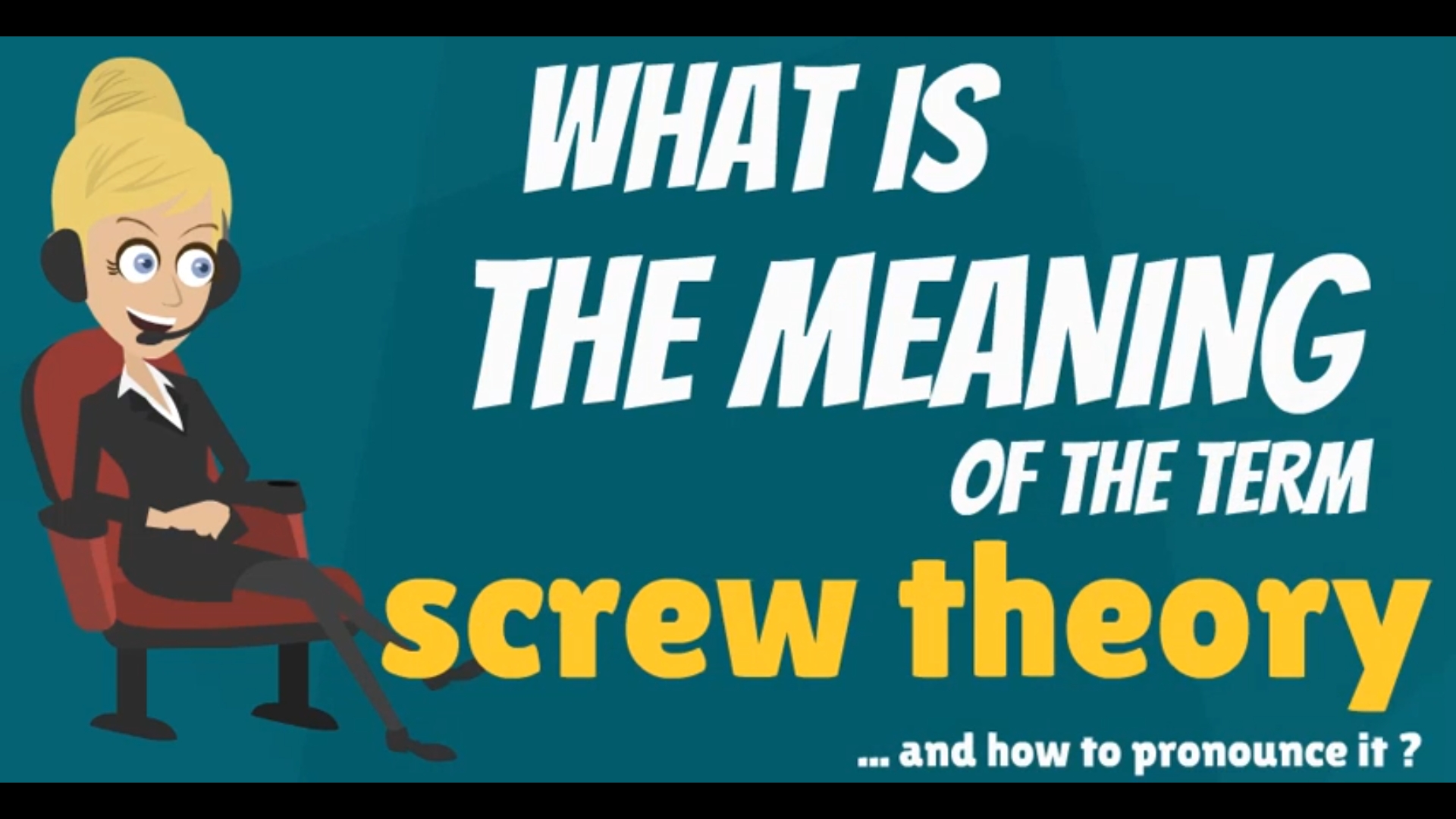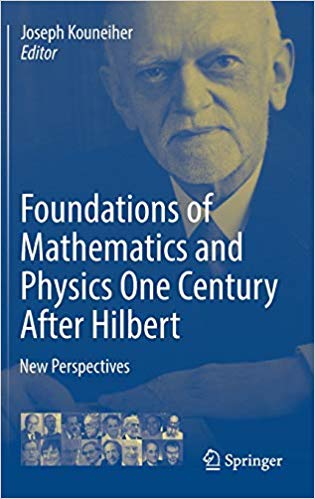October 30, 2019
Weak Infinity-Categories Via Terminal Coalgebras
Posted by Tom Leinster
A very quick post to note that Eugenia Cheng and I just published our paper Weak -categories via terminal coalgebras in Theory and Applications of Categories. We, um, were not very quick about turning it around: Eugenia presented the results at Category Theory 2008 in Calais, we arXived it in 2012, and it now appears to be 2019.
Shortest possible summary: Carlos Simpson pointed out (as others may also have done) that if you consider the endofunctor on the category of categories with finite products, its terminal coalgebra is , the category of strict -categories. Eugenia and I show how to adapt that observation to get weak -categories. Enjoy!
October 29, 2019
Mixing Internalization with Virtualization: a Terminological Problem
Posted by Mike Shulman
I used to complain sometimes that -categories (including -categories) get all the press at the expense of other higher categorical structures, but thankfully I don’t think that’s true any more (to the extent that it ever was). Double categories, “virtual” (multicategory-like) structures, and other higher-categorical notions are increasingly recognized as useful alongside the more traditional -categories. However, this larger zoo of categorical structures brings with it problems of terminology: how can we consistently name all of these things?
October 21, 2019
Screw Theory
Posted by John Baez
‘Screw theory’ was invented by a guy named Ball. There should be a joke in there somewhere. But what is screw theory?
October 19, 2019
Jaynes on Clever Tricks
Posted by Tom Leinster
I’ve posted before about the eminently browsable, infuriating, provocative, inspiring, opinionated, visionary, bracing, occasionally funny, unfinished book Probability Theory: The Logic of Science that arch-Bayesian apostle of maximum entropy Edwin Jaynes was still writing when he died.
All I want to do now is to share section 8.12.4 of that book, Clever tricks and gamesmanship, which acts as balm for anyone who feels they’re not good at “tricks”. The rest of this post consists of that section, verbatim.
October 14, 2019
Diversity Workshop at UCR
Posted by John Baez
We’re having a workshop to promote diversity in math here at UCR:
• Riverside Mathematics Workshop for Excellence and Diversity, Friday 8 November 2019, U. C. Riverside. Organized by John Baez, Weitao Chen, Edray Goins, Ami Radunskaya, and Fred Wilhelm.
It’s happening right before the applied category theory meeting, so I hope some of you can make both… especially since Eugenia Cheng will be giving a talk on Friday!
Three talks will take place in Skye Hall—home of the math department—starting at 1 pm. After this we’ll have refreshments and an hour for students to talk to the speakers. Starting at 6 pm there will be a reception across the road at the UCR Alumni Center, with food and a panel discussion on the challenges we face in promoting diversity at U.C. Riverside.
Details follow.
October 10, 2019
Foundations of Math and Physics One Century After Hilbert
Posted by John Baez
I wrote a review of this book with chapters by Penrose, Witten, Connes, Atiyah, Smolin and others:
- John Baez, review of Foundations of Mathematics and Physics One Century After Hilbert: New Perspectives, edited by Joseph Kouneiher, Notices of the American Mathematical Society 66 no. 11 (November 2019), 1690–1692.
It gave me a chance to say a bit—just a tiny bit—about the current state of fundamental physics and the foundations of mathematics.
October 3, 2019
Edinburgh is Hiring
Posted by Tom Leinster
The advertised positions are in “algebra, geometry and topology and related fields”. Category theory is specifically mentioned, as is the importance of glue:
The Hodge Institute is a large world-class group of mathematicians whose research interests lie in Algebra, Geometry and Topology and related fields such as Category Theory and Mathematical Physics. Applicants should demonstrate an outstanding research record and contribute to the productive and strong collaborative research environment in the Hodge Institute. Preference may be given to candidates who strengthen connections between different areas of research within the Hodge Institute or more broadly between the Hodge Institute and other parts of the School.
Here “School” refers to the School of Mathematics, and the Hodge Institute is just our name for the set of people within the School who work on the subjects mentioned.
We’re advertising for Lecturers or Readers. These are both permanent positions. Lecturer is where almost everyone starts, and Reader is more senior (the rough equivalent of a junior full professor in US terminology).
 Posts with this logo use
Posts with this logo use 
















